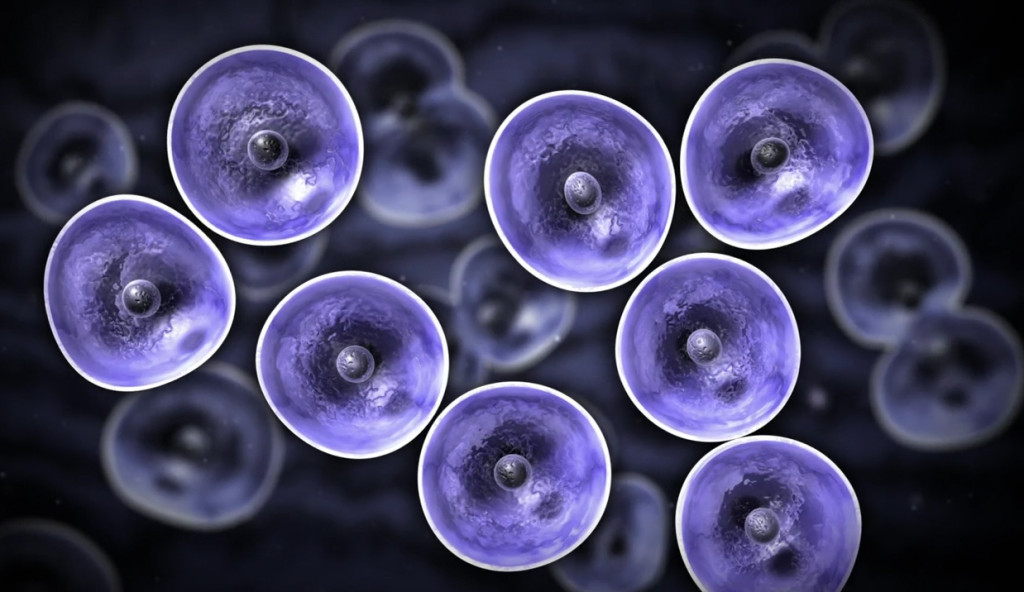Japan approves Biostar’s Angel Stem Cell Therapy for clinical use
August 12, 2025 | Tuesday | News
The treatment involves 50 million to 300 million stem cells intravenously, administered over 5 to 10 sessions, 2 to 4 weeks apart

Image credit- shutterstock
South Korea based Biostar Stem Cell Technology Research Institute, led by Director Jeong Chan Ra, and jointly operated by R BIO and Nature Cell, has announced that its regenerative autism treatment has been officially approved by the Japanese Ministry of Health, Labour and Welfare.
The approved therapy, which uses autologous fat-derived mesenchymal stem cells, will be offered at Osaka Trinity Clinic, a Biostar-affiliated medical centre.
With this approval, patients diagnosed with autism spectrum disorder (ASD) aged four or older are now eligible to receive regenerative treatment at Osaka Trinity Clinic. The treatment involves 50 million to 300 million stem cells intravenously, administered over 5 to 10 sessions, 2 to 4 weeks apart. The safety and efficacy of the treatment are evaluated three months after the final session using the standardized Social Responsiveness Scale-2 (SRS-2), a widely used diagnostic tool for autism.
Stem cells for the treatment are jointly supplied by RBIO, which uses Nature Cell’s proprietary culture medium, and Japan’s JASC. With this approval, Nature Cell’s stem cell culture business is expected to expand its global footprint.
Autism spectrum disorder is a neurodevelopmental condition that affects approximately 61.8 million people worldwide- or about 1 in every 127 individuals. For families living with autism, everyday life can be a constant challenge. Children may have difficulty regulating emotions, express themselves through sudden outbursts, or require near-constant supervision. Parents often describe feeling isolated, unable to enjoy simple activities like dining out or traveling together.
Biostar is the first to demonstrate the therapeutic effect of these stem cells in animal models of autism. In tests using valproic acid-induced autism mouse models, core ASD symptoms- including social deficits, repetitive behaviors, and anxiety- were significantly improved.

AloJapan.com